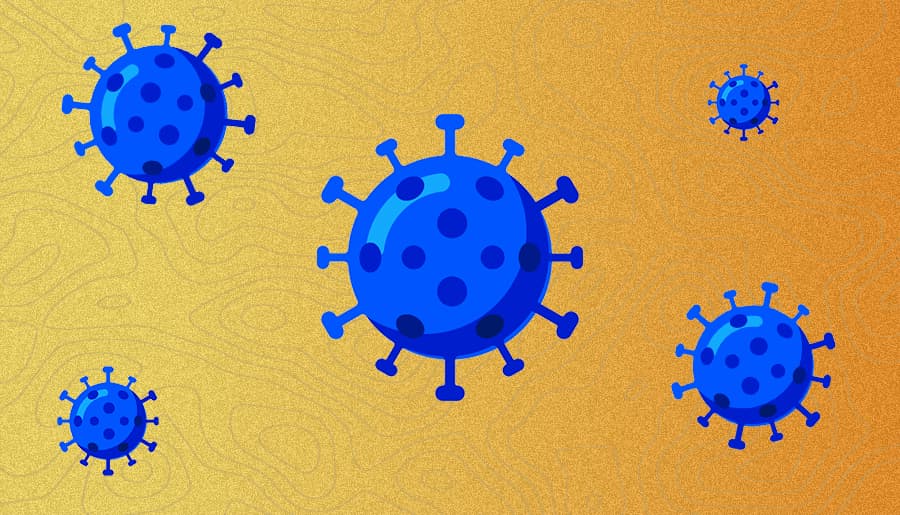Long COVID is terrifying and yes, it is most certainly real. This illness can result in folks experiencing extreme fatigue, body aches, breathing problems, and memory problems, just to name a few symptoms, according to the Australian Government’s Health Direct website. Currently, there’s no cure for long COVID. Health Direct wrote, “Any person who develops long COVID should speak to their healthcare provider.”
But scientists are on the frontline of this illness and are trying to get a better understanding of it. Hopefully, the more that we know, the better we can take care of the people who get it. Moreover, researchers might have found out some important info about long COVID. Here are the facts as they stand:
If You’re Older, White, and Female, Then You’re Vulnerable
In a study, published in Nature Communications, some scientists attempted to work out who’s most at risk of developing long COVID. They did this by analysing survey data from around 7,000 individuals that self-reported having COVID and the electronic healthcare records of 1.1 million individuals.
They used this data to determine if there were any shared characteristics between some of the folks that got long COVID. Which there were. These folks were more likely to be older, female, and/or white. They were also more likely to have poor health, poor mental health, and/or asthma.
Kirsty Short, a virologist from the University of Queensland, was impressed with this study. She told the ABC, “This study is strengthened because of the large sample and, also, that they looked at multiple data sources. So I think this study is very strong and robust.” Short also noted this study isn’t only one to put forward the idea that women are more likely to get long COVID.
However, there’s more work to be done. As one of the researchers of this study, named Ellen Thompson, wrote for The Conversation, “It will be important to understand why these links exist, which is beyond the scope of our research.” She then went on to state, “But identifying who may be at higher risk of long COVID is important, and as we continue to learn more, this could inform public health prevention and treatment strategies.”
If you want to learn more about what researchers have done in this long war against COVID, then here’s a fantastic link: As New Strains Like ‘Double Mutant’ COVID Emerge, Can One Vaccine Protect Against Them All?
And here’s some additional information about what the COVID situation is like in Australia if you’re interested: What We Know About the New BA.4 and BA.5 Omicron Sub-Variants That Have Reached Australia
Long COVID Might Be Hiding In the Gut
In a study that was published on medRxiv, researchers claimed that a leak from an individual’s gut into their bloodstream resulted in higher levels of COVID spike antigens being detected in their blood. This was after this person’s initial COVID infection.
It’s worth noting that this data isn’t conclusive. As medRxiv stated on its site that they publish “preliminary reports of work that have not been certified by peer review.” This publication then goes on to state that these reports “should not be relied on to guide clinical practice or health-related behaviour and should not be reported in news media as established information.”
However, this paper should be peer-reviewed, and other scientists believe that more research on this topic needs to be done. This is because there’s a chance that COVID could be trapped in people’s guts. Ami Bhatt, an Associate Professor of Medicine and Genetics at Stanford University, even told The Guardian that this virus potentially being in the gut might result in folks getting long COVID. Bhatt said, “The question is whether or not continued presence of the virus in the gut or elsewhere may kind of tickle the immune system, and cause there to be persistent symptoms.”
Let’s hope that if COVID can get stuck in the gut, scientists can determine that this is a fact. Let’s also hope that if this happens, they find some ways to treat long COVID.
Read more stories from The Latch and subscribe to our email newsletter.







